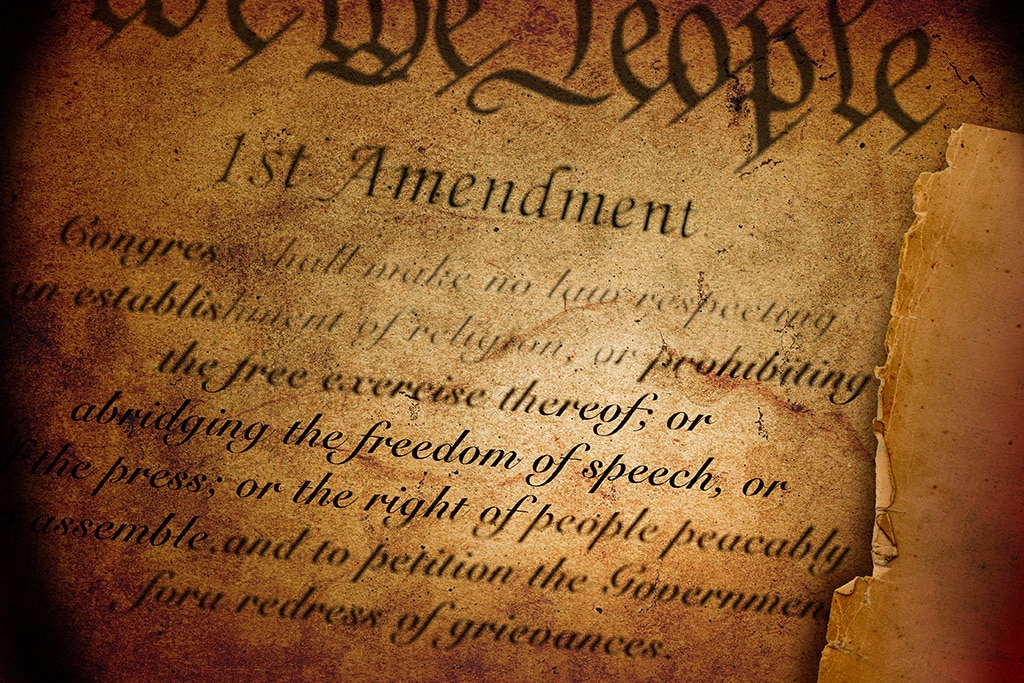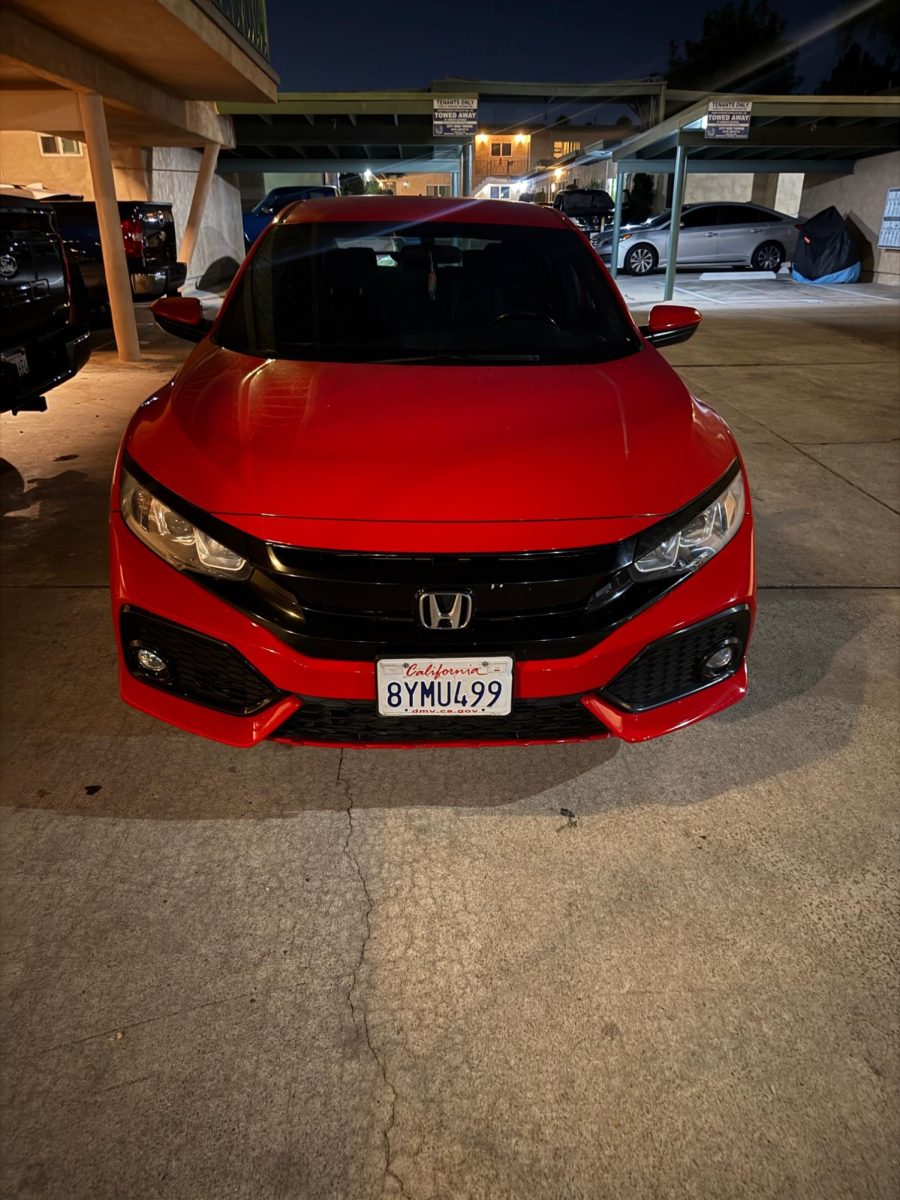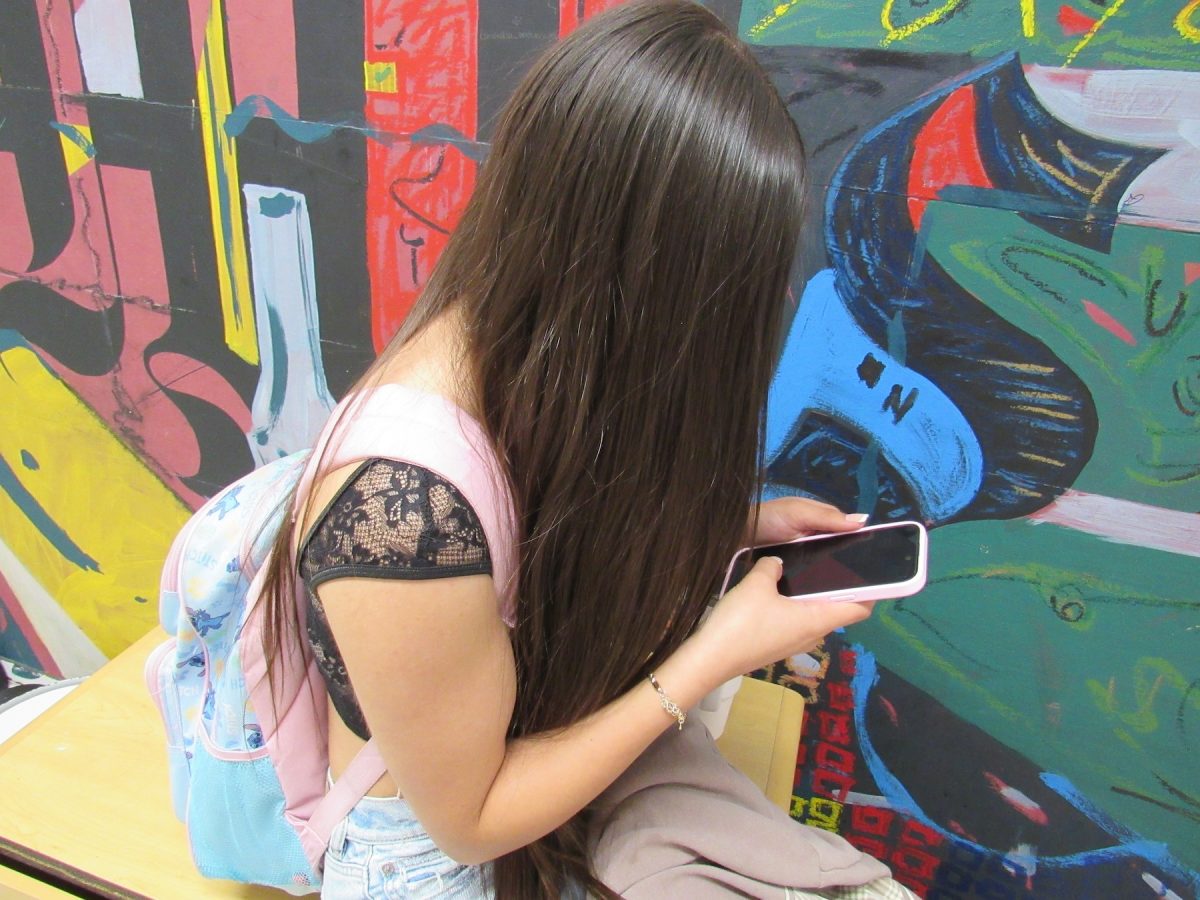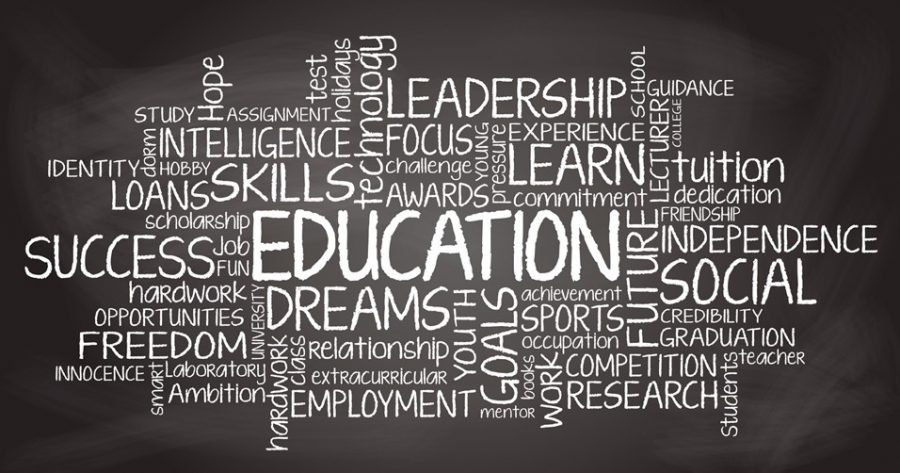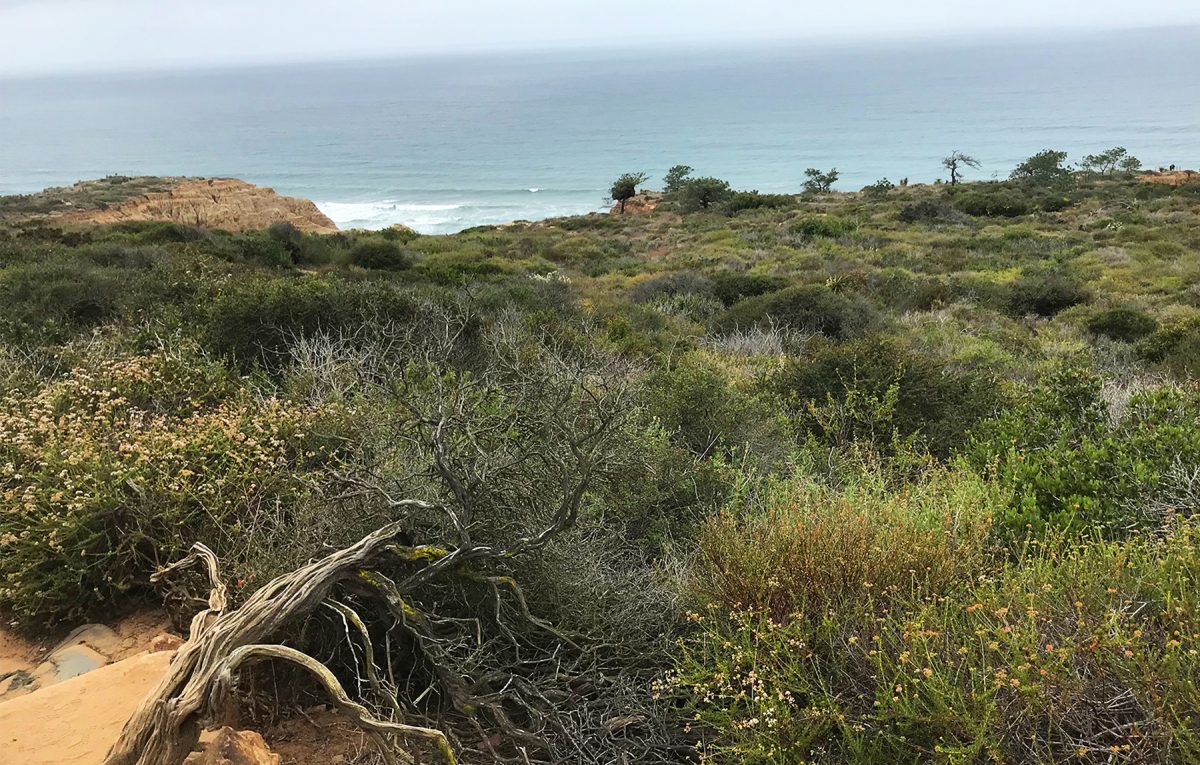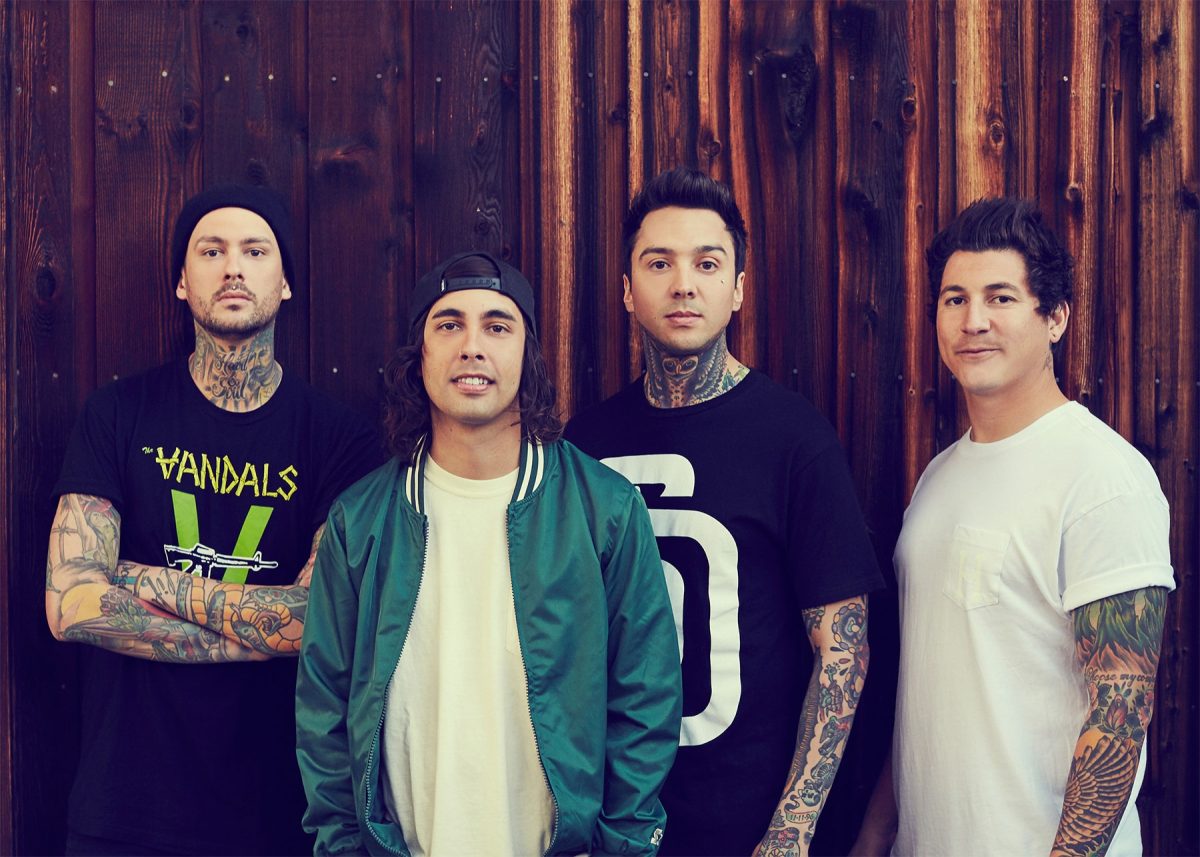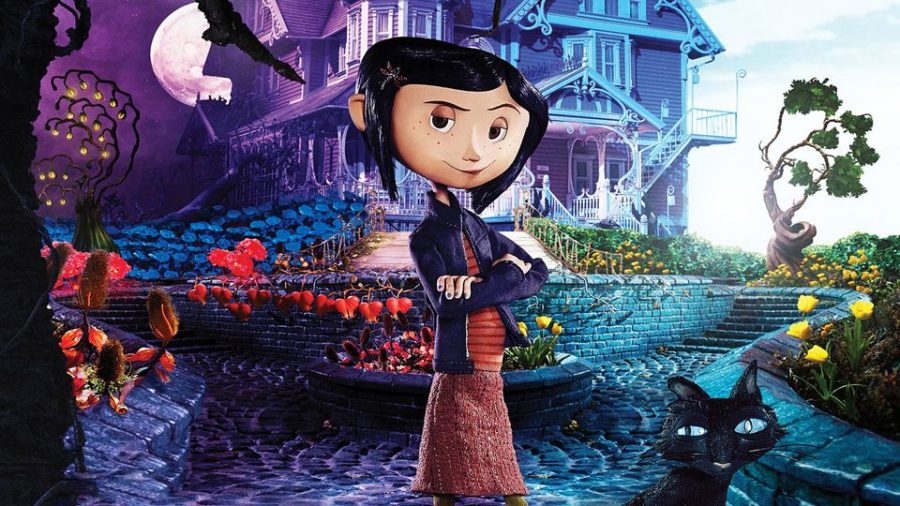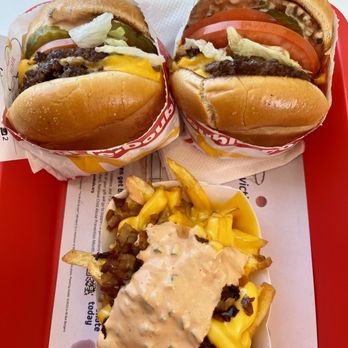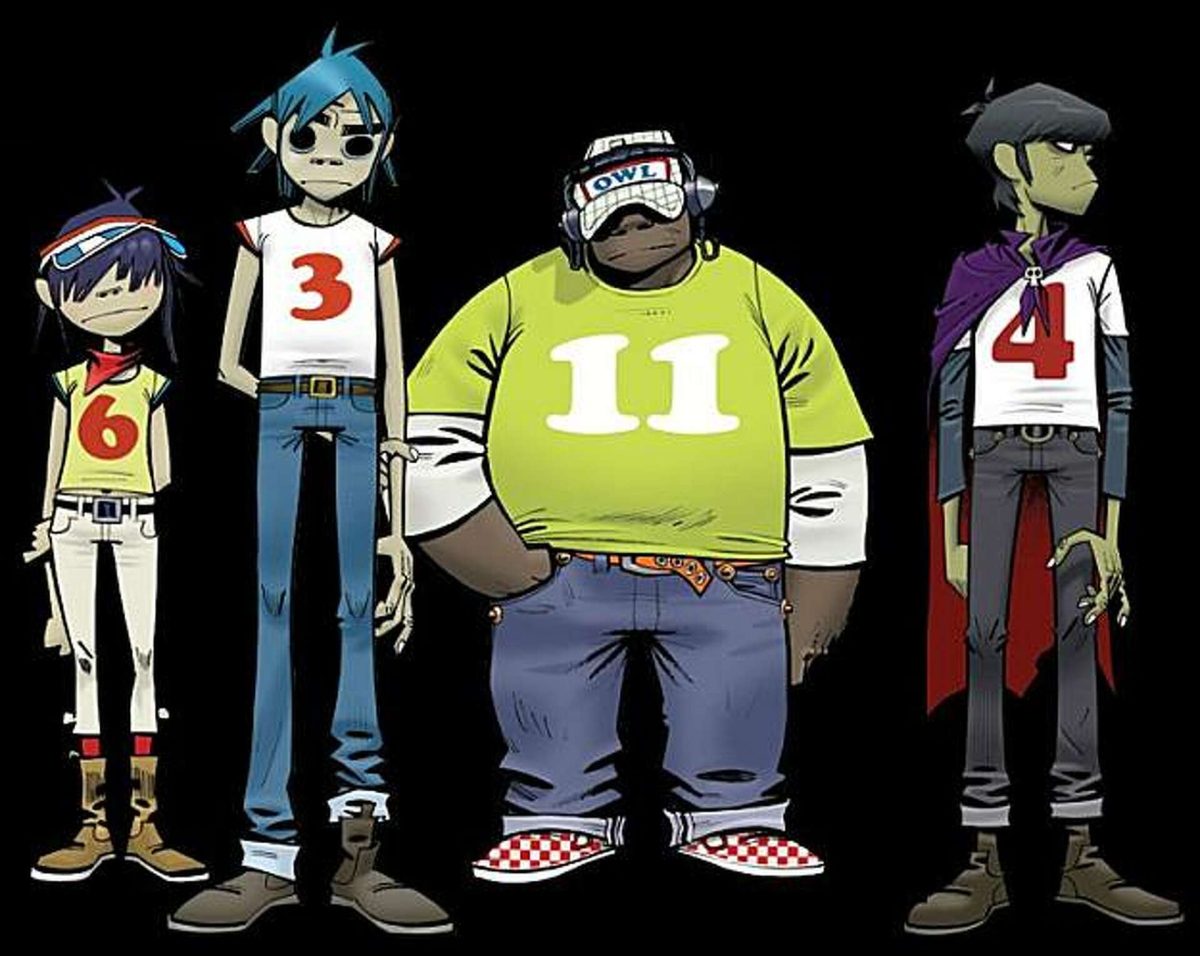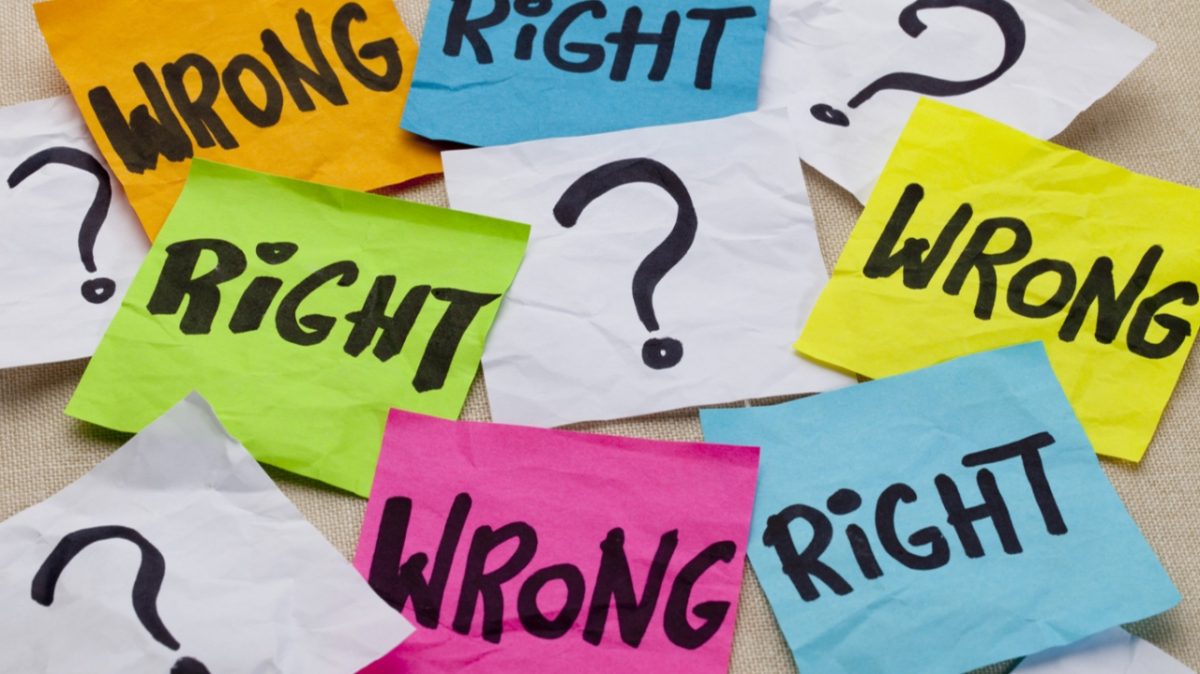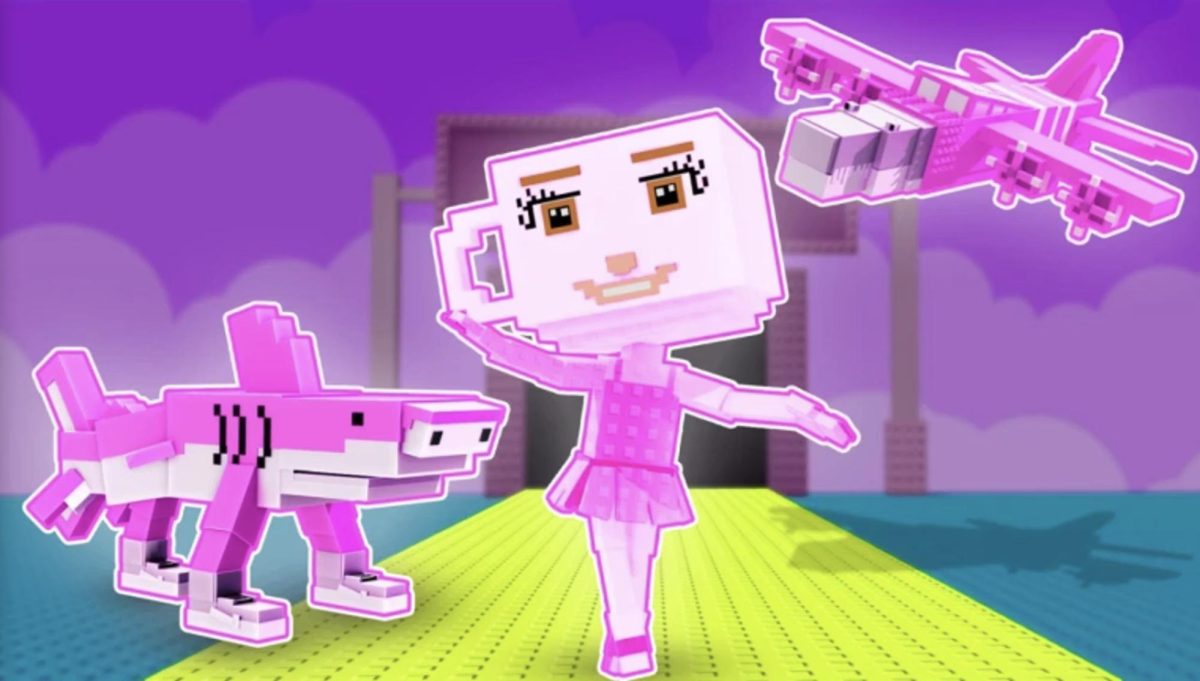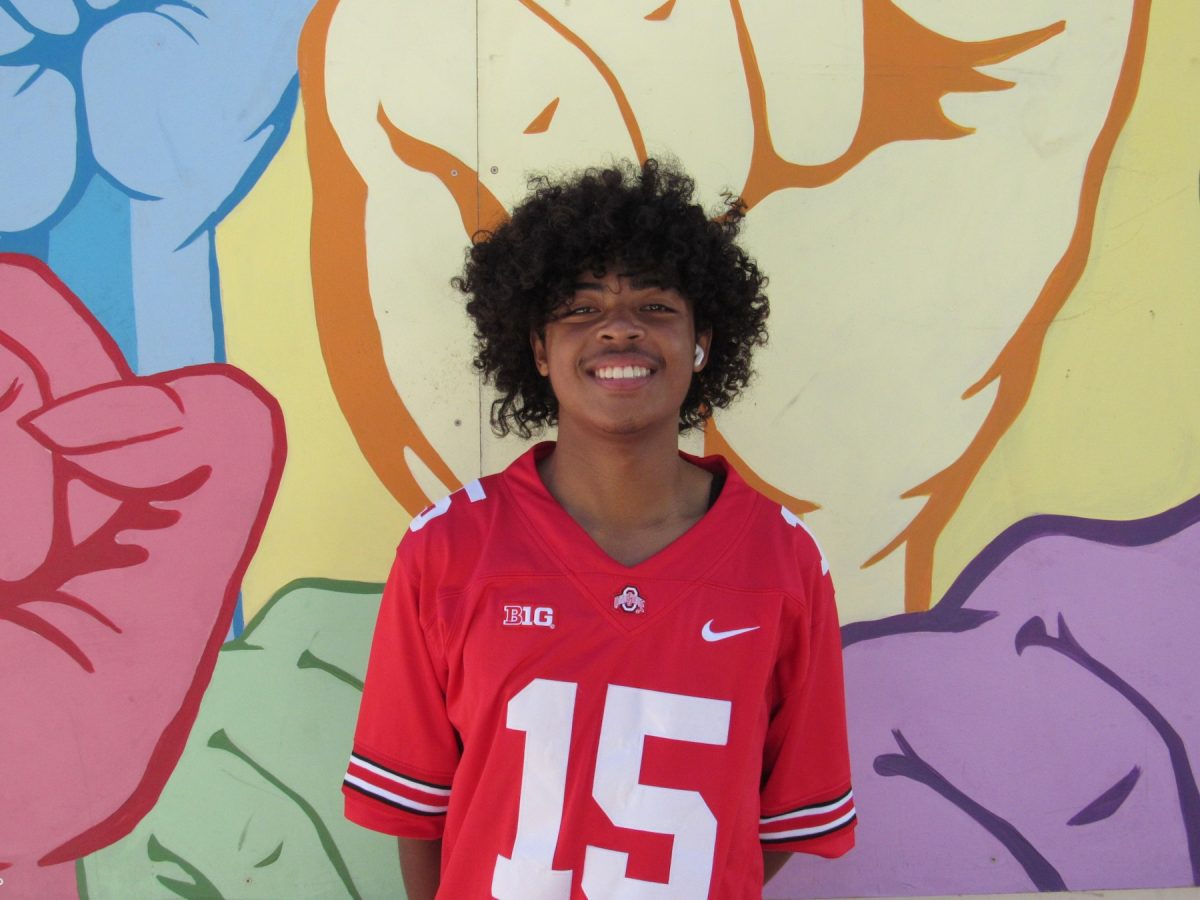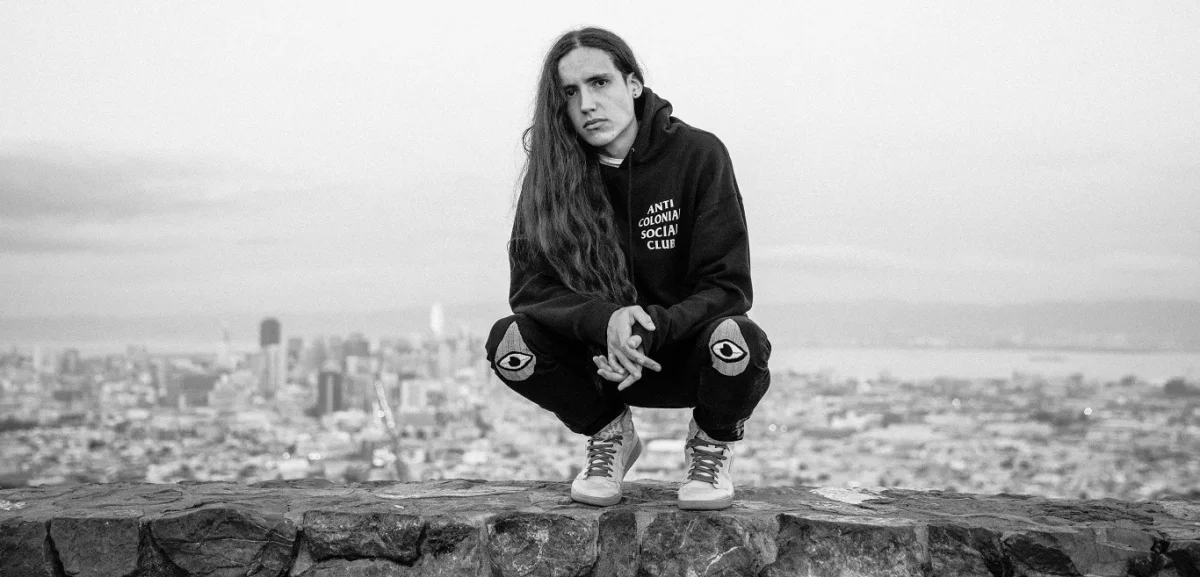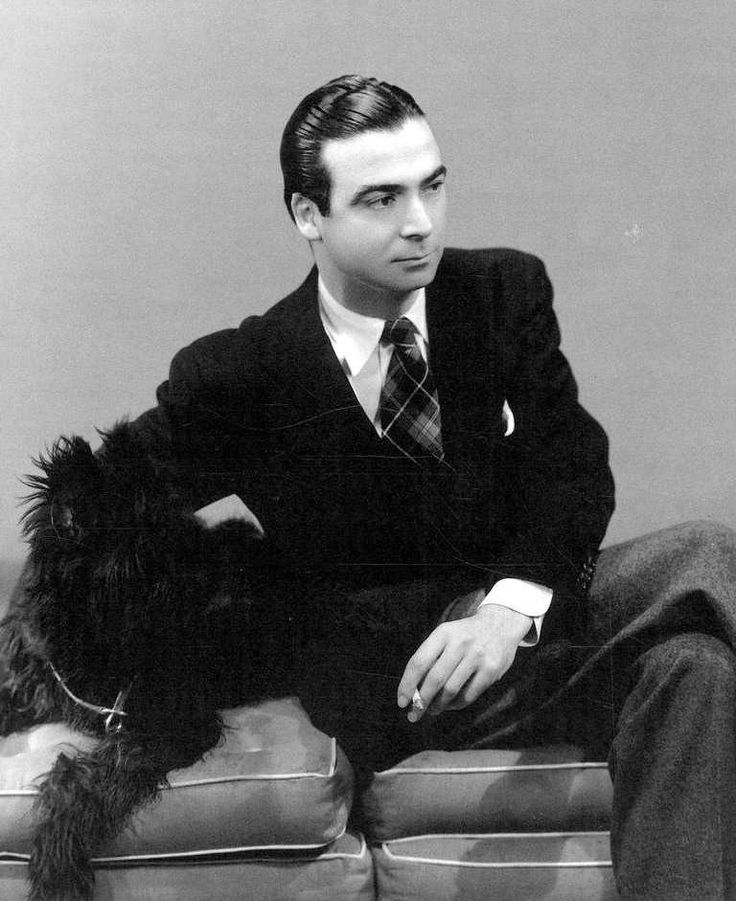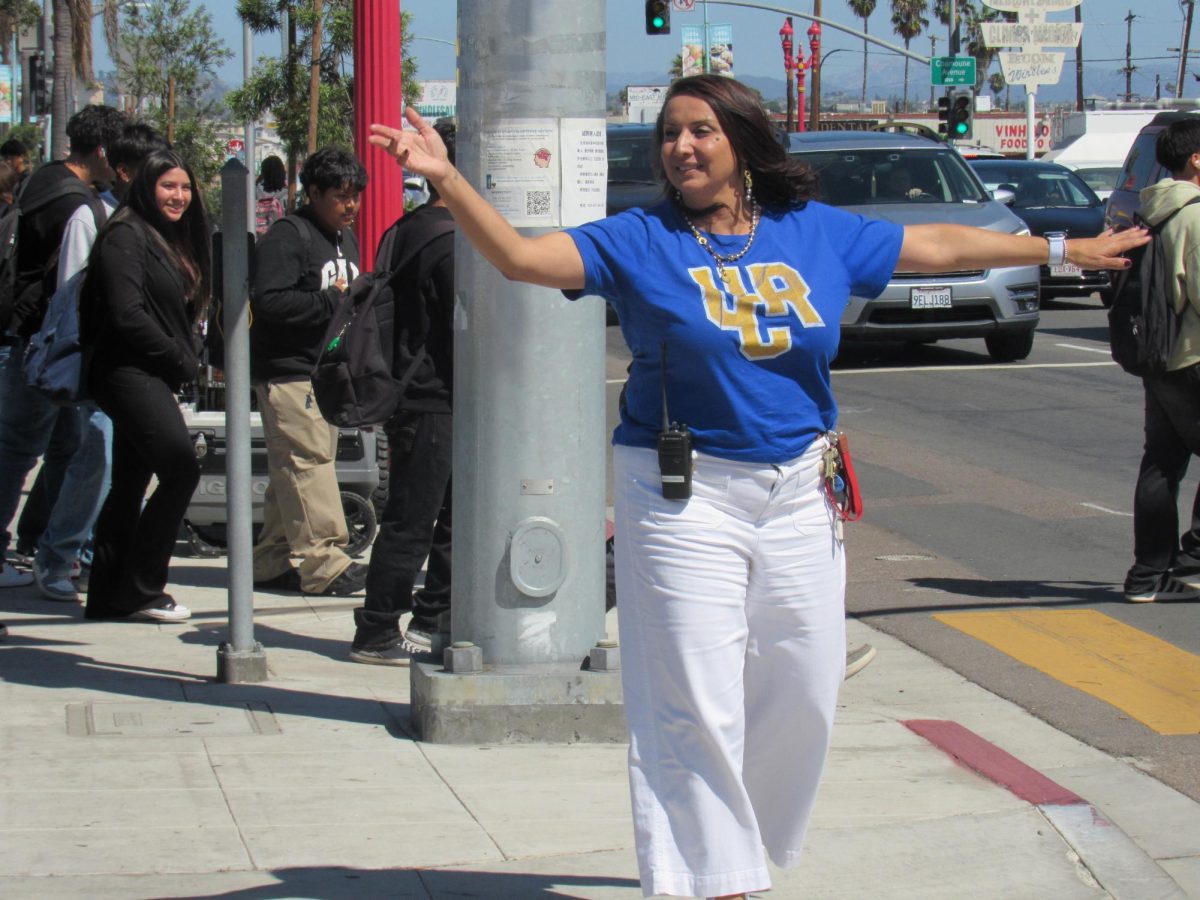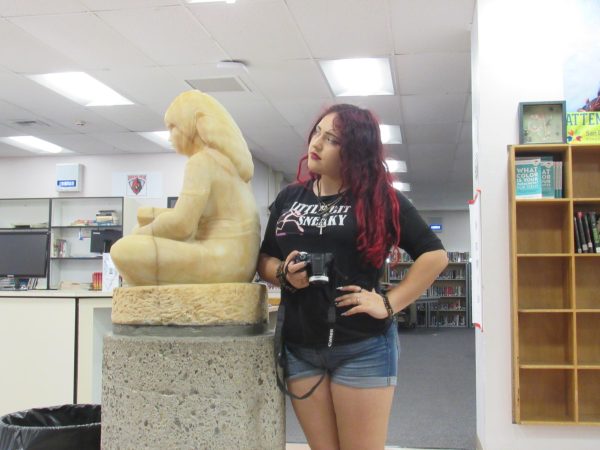Freedom of Speech is a right so crucial it’s written into our U.S. Constitution. It isn’t even just a constitutional right but also a fundamental pillar of humanity. It allows us to speak our minds and state our opinions freely, and it gives us the ability to express ourselves in ways beyond what’s seen by people passing by in a busy street.
According to the United States Constitution, “The First Amendment protects the five fundamental rights to freedom of religion, freedom of speech, freedom of the press, freedom of assembly, and the right to petition the government for a redress of grievances. It prevents the government from restricting these freedoms and was adopted as part of the Bill of Rights in 1791.”
Freedom of Speech is something that many people take for granted because they don’t think it can be taken away, but in some ways it can. It can disappear as quickly as it came, but restricting it or ripping it away from us would be oppression.
Recently, Jimmy Kimmel’s show was suspended after controversial remarks. He spoke with impassioned critique about political exploitation in the wake of the murder of Charlie Kirk, and ABC pulled Jimmy Kimmel Live! off the air indefinitely in response. The reason I bring this up in my writing is the same kind of alarm: I want to compare how much more freedom we seem to have under normal conditions, versus what it looks like when speech is swiftly challenged and muted by powerful people or forces.
When Kimmel was silenced, and the network suspended him, some major station groups like Nexstar and Sinclair refused to air his return episode. Even after Disney reinstated him, people across political lines questioned the decision as censorship. In that moment, the boundary between “acceptable speech” and “offensive speech” was being policed not just by audiences, but by broadcast executives, politicians, and media conglomerates.
Kimmel’s suspension reverberated far beyond one late-night show. The public backlash was intense. Networks and investors demanded more transparency from Disney about how the decision was made. People argued that this was less about “taste” or “ratings” and more about controlling dissent and silencing a voice. That pressure, that fear of backlash, sees freedom shrink.
Our voice in short terms is something that belongs to solely us, something we’re born with, something we treasure until it becomes just another day to day thing. However, as soon as it’s taken away, you yearn for it more than ever, and you remember those moments where you didn’t have to fight for your First Amendment Right of Freedom of Speech.

